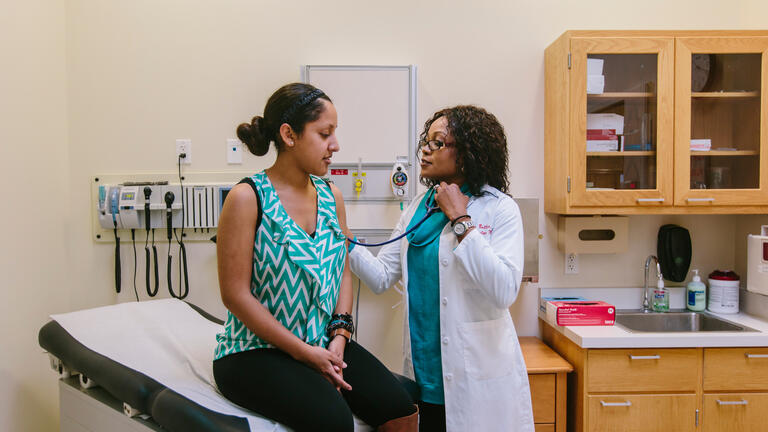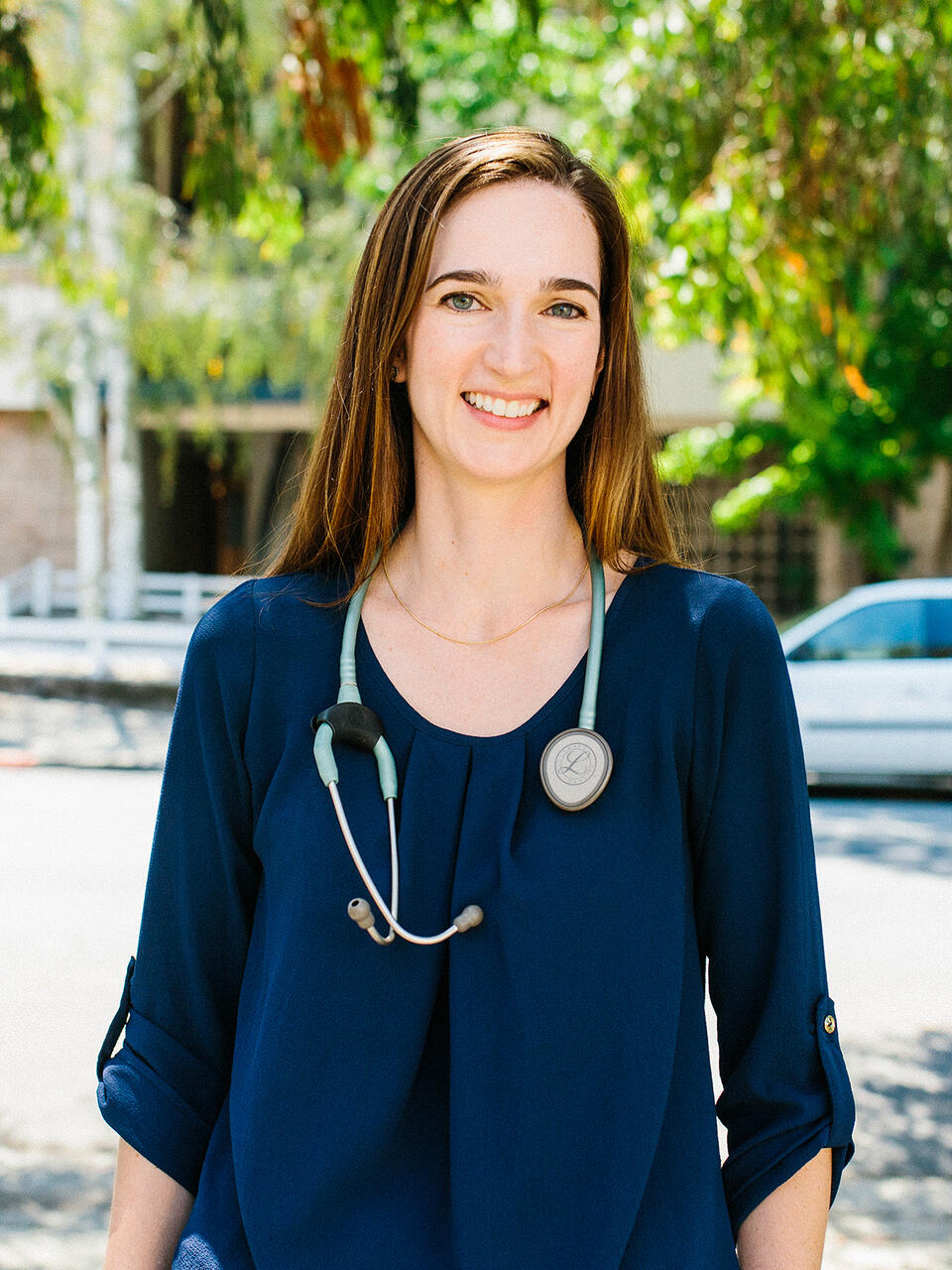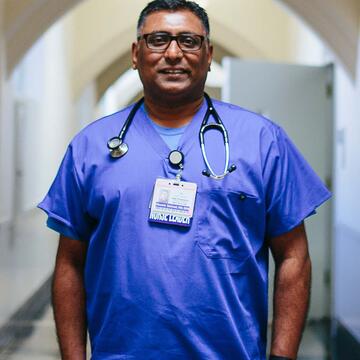
Family Nurse Practitioner, DNP
The Family Nurse Practitioner (FNP) program prepares registered nurses with a baccalaureate or master's degree to function as Advanced Registered Nurse Practitioners in the FNP role.
Student Experience
As an FNP, you will be trained to conduct comprehensive health assessments, diagnose and manage acute illnesses (with appropriate referral), manage chronic conditions, and serve as the primary health care providers in many settings. You will design models of health care delivery, evaluate clinical outcomes, identify and manage the health care needs of diverse populations, and use technology and information to transform the field.
In addition, you will be able to provide patient care in a variety of practice settings, including homes, hospitals, offices, schools, community health centers, rural health centers, public and private clinics, and private practices.

Sarah Hubbell
Professor
The emphasis on social justice is a big part of what drew me to USF. The FNP program combines family nurse practitioner preparation with a rich curriculum of ethics, epidemiology, health systems, and evidence-based practice. You learn not only to be nurse practitioners, but also to be agents of change in health care."
Sarah Hubbell
Professor
Equipped for the Future
The FNP program, equips you with the skills to:
- Function as a licensed and nationally certified nurse practitioner capable of providing the full spectrum of primary care services for individuals and families across the lifespan.
- Critically analyze the best available evidence and theoretical knowledge from the sciences and humanities to improve the delivery of quality, patient-centered and primary care for diverse populations.
- Act both independently and in partnership with other health care professionals, and are focused on health promotion and disease prevention.
- Apply knowledge of complex systems to an inter-professional leadership role in the development, implementation, and evaluation of primary care for diverse populations.
- Prepares you to assume an inter-professional leadership role to improve the delivery of evidence-based primary care services for diverse populations aligned with the American Association of Colleges of Nursing (AACN) DNP Essentials (AACN, 2006).
After successful completion of the FNP and DNP curriculum and completion of a DNP project, the FNP program culminates in a Doctor of Nursing Practice degree.
USF Preceptor Program
The USF Preceptor program helps our mission to provide students with the academic and personal skills necessary for success. Preceptors play a vital role in the education of our students and the continued development of the profession.

Accreditation
The baccalaureate degree program in nursing, the master's degree program in nursing, and the Doctor of Nursing Practice program at the University of San Francisco School of Nursing and Health Professions are accredited by the Commission on Collegiate Nursing Education. Students who graduate from the program are also eligible to receive the California Public Health Nursing Certificate.
Each DNP degree concentration (Executive Leadership, Family Nurse Practitioner, Population Health Leadership, and Psychiatric Mental Health Nurse Practitioner) is included in the accreditation of the DNP degree program in the School of Nursing and Health Professions.
Graduates meet the outcome competencies and practice standards of the American Association of Colleges of Nursing (AACN) for the DNP. In the program, students complete 1,000 hours of supervised clinical practice, complete the DNP qualifying examination, and complete an evidence-based practice project.
State Authorization
Please check our State Authorization Status List for the states and territories from which we can enroll students in specific online degree programs.
Take the Next Step
Admissions & Aid
Family Nurse Practitioner, DNP
San Francisco, CA 94117
Monday–Friday
8:30 a.m. – 5 p.m.